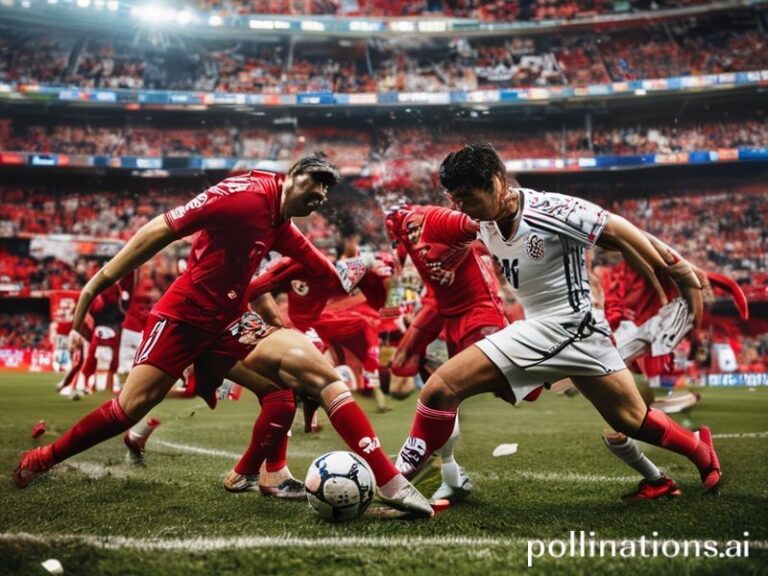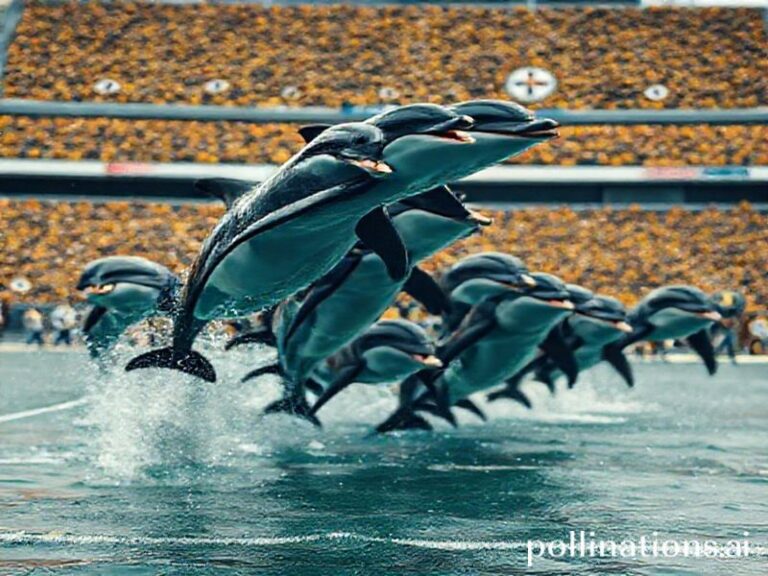Osasuna vs Elche: How a Forgotten La Liga Clash Quietly Explains the Collapse of Modern Civilization
Osasuna 2 – 1 Elche C.F.
El Sadar, Pamplona – 09:45 UTC, somewhere between the second coffee and the third existential crisis of the week.
By the time the final whistle shrank into the Navarran night, the only thing louder than the home ultras was the sound of global capital yawning. On paper it was a modest La Liga basement tussle—18th vs 20th, a combined market value less than one of Manchester City’s moody left-backs. Yet in the satellite uplinks and betting algorithms that now govern our waking lives, this was another tremor in the perpetual tectonic shift of what we still, with touching nostalgia, call “football.”
For the uninitiated, Osasuna is the club owned by its own fans, a quaint arrangement reminiscent of pre-neoliberal co-ops or, for younger readers, that artisanal sourdough place that got gentrified into a crypto-bakery. Elche, meanwhile, are the valiant underdogs from Alicante who only last year dodged administrative relegation because Spanish civil servants apparently enjoy drama more than paperwork. Their punishment? Another season of being politely disemboweled by richer cousins, like a Dickensian orphan invited to Christmas dinner solely to watch the goose carved.
The match itself was a masterclass in low-budget suspense. Elche’s Lucas Boyé opened the scoring with a header so authoritative it almost justified the carbon footprint of the six fans who flew in from Buenos Aires just to see him. Osasuna equalized through Chimy Ávila, a striker whose surname translates, appropriately, to “one who ruins accountants’ spreadsheets.” The winner arrived via a 93rd-minute penalty, because nothing says cosmic irony like a game’s fate hinging on a VAR slow-motion replay that looks suspiciously like interpretive dance.
But let us zoom out, dear reader, to the geostationary orbit where the real audience lives. In Singapore, a risk manager for a British hedge fund sold short on Elche’s survival odds milliseconds after the spot-kick, algorithmically translating human despair into quarterly bonuses. In Lagos, a streaming pirate grinned as the feed stuttered—one more buffer circle spinning like the globe itself on its wobbling axis. And in a WeWork in Brooklyn, an influencer live-tweeted the match entirely via GIFs of crying toddlers, accruing sponsorship deals that neither club will sniff in a decade.
What does it mean, this collision of modest Iberian towns, amplified by 4K cameras and beamed to insomniac continents? Simply that football has become the last universally translatable myth we have left. When COP28 delegates need a metaphor for impending doom, they reference injury-time goals. When crypto-bros pitch “community ownership,” they hijack Osasuna’s member-owned model until the SEC subpoenas the emojis. Even the war in Ukraine paused—briefly, mythically—when a Russian conscript and a Ukrainian medic discovered they both streamed the same illegal feed, bonding over shared hatred of the referee’s bald spot.
Meanwhile, back in El Sadar, the post-match press conference was a tragicomic aria. Elche’s manager, Francisco, blamed “the structural inequalities of the fixture calendar,” which is Spanish for “our squad cost less than the referee’s watch.” Osasuna’s Jagoba Arrasate praised “the people’s soul,” then dodged questions about next year’s rumored sleeve-sponsorship by a Saudi tourism board. Somewhere between the clichés, one glimpsed the abyss: two clubs paddling furiously against the tsunami of petro-state money, private equity vultures, and the gnawing suspicion that the game stopped being theirs the moment a sheikh Googled “undervalued European assets.”
And yet, for ninety-odd minutes plus bureaucratic stoppage time, the illusion holds. The ball is still round, the grass still green, and the scoreboard still mercifully finite. Tomorrow the world will return to interest-rate hikes, submarine cables, and the slow-motion collapse of Antarctic ice shelves. But tonight, in a small city whose medieval walls once kept out Navarran winters and now merely frame Instagram reels, eleven locals reminded us that hope is a commodity best traded in small, reckless doses.
Final score: Osasuna 2 – 1 Elche.
Global score: Capitalism 7.8 billion – 0 Humanity.
Still, the crowd sang on, because what else is there to do until the heat death of the universe?







